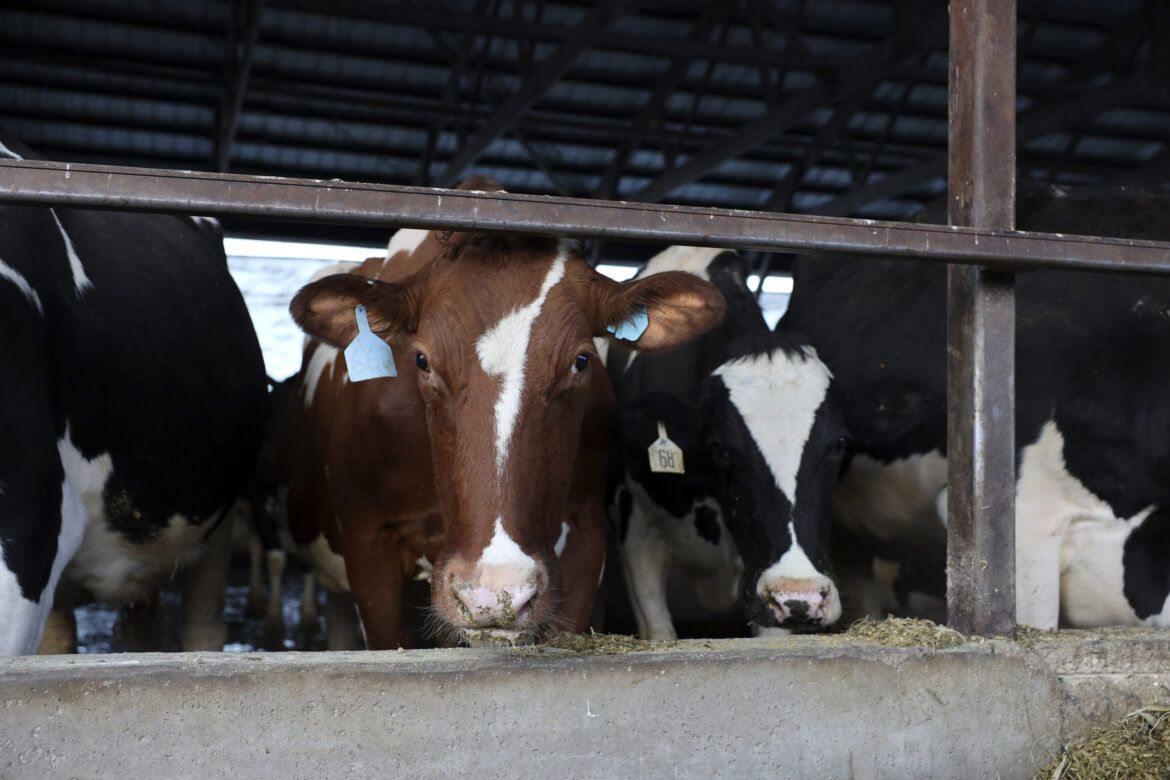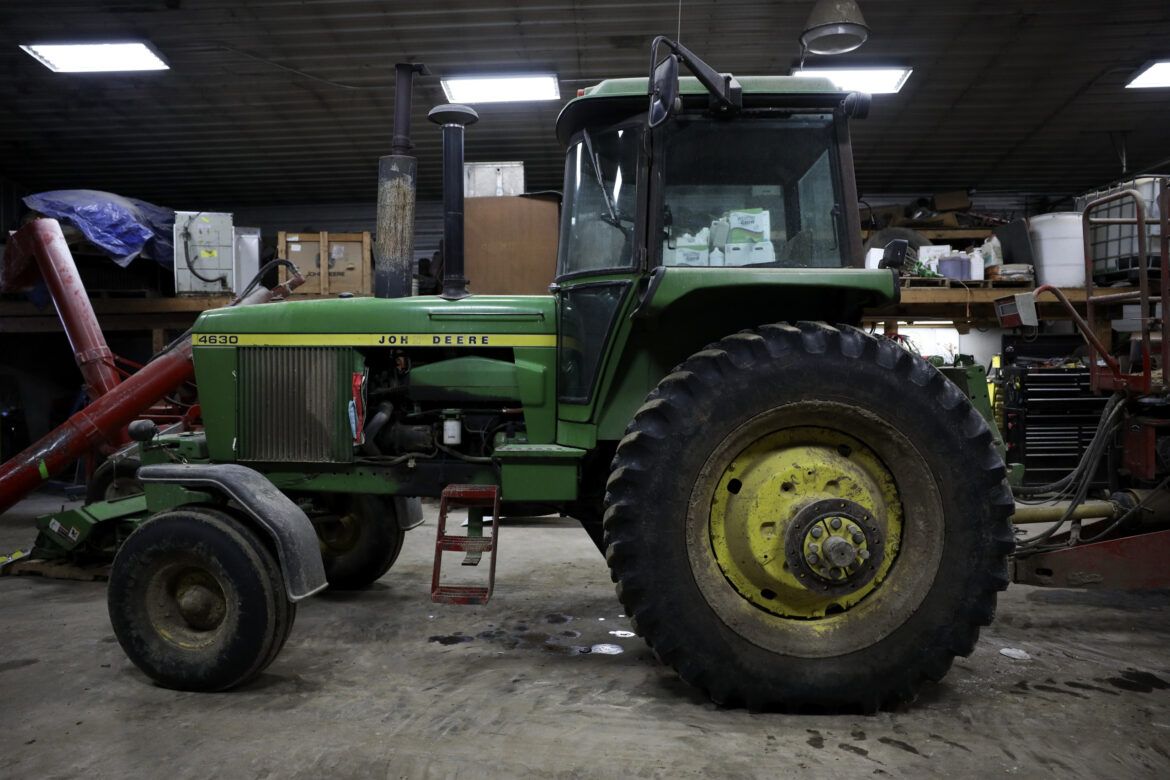Dairy farmers and farmer advocates say Wisconsin can’t solve its mental health crisis among farmers without addressing the “systemic” financial issues they face.
“Throwing money at farmer mental health isn’t going to help if we don’t work on the systemic issues that are at the root of this whole situation,” said Danielle Endvick, communications director of Wisconsin Farmers Union, which advocates on behalf of family farmers and rural communities.
Darin Von Ruden, president of Wisconsin Farmers Union, said re-evaluating federal farm policy should be “number one” when working to address farmer mental health.
“I think it’s going to take an act of Congress to turn things around,” Von Ruden said.
They and numerous other advocates for small dairy farmers propose a national supply management program for milk to limit overproduction and raise and stabilize prices.
In a recent survey, the state Department of Agriculture, Trade and Consumer Protection found 70% of dairy farmers cited balancing milk supply and demand as one of the biggest challenges to the future of their operations.
In 2019, Wisconsin Farmers Union commissioned two dairy economists — the University of Wisconsin-Madison’s Mark Stephenson and Cornell University’s Charles Nicholson — to study how the program would play out had it been implemented in the 2014 Farm Bill.
The study examined two types of supply management programs.
The first type specified allowable annual growth for producers — how much additional milk farms can produce compared to the year before — and required farms that exceeded that amount to pay a “market access fee” for any excess milk. Farmers who did not exceed their allowable growth would collect those fees, simultaneously discouraging overproduction and rewarding those staying beneath the cap.
The other program would grant farmers lower prices for any milk produced after the profit margin divided by feed costs drops below a certain trigger level.
The study found that a supply management program implemented in 2014 would have reduced volatility in milk prices; increased the average milk prices farmers received; increased net farm operating income for farms of all sizes; decreased average annual milk production in the United States; and decreased government expenditures in the form of subsidies.
The system would have also kept hundreds of farms in business, the study found, and the program would have cost the federal government nothing, said Stephenson, director of the UW-Madison’s Center for Dairy Profitability.
But large farms would fiercely oppose a supply management program. The Wisconsin Farmers Union says large farms benefit from overproduction and that they would use their lobbying power to fight an effort in Congress.
“I think that when you start to talk seriously about the parameters of a program like this, if you’re going to punish the big farms, they are going to come out of the woodwork with guns a-blazing,” Stephenson said. “Why punish somebody just because they’re successful?”
The Dairy Business Association, a nonprofit based in Green Bay that represents dairy producers, did not respond to three requests for an interview for this story. Stephenson said small and large farms must agree on a supply management program to get it through Congress.
Said Endvick: “A lot of times we try to work on different grants and programs that are addressing the mental health, but we’re not actually solving the deep financial problems and poor policy that’s been in place for decades that is really putting farmers into this financial pinch.”
This story was produced with Wisconsin Watch, a nonprofit, nonpartisan investigative reporting organization that focuses on government integrity and quality of life issues in Wisconsin.

